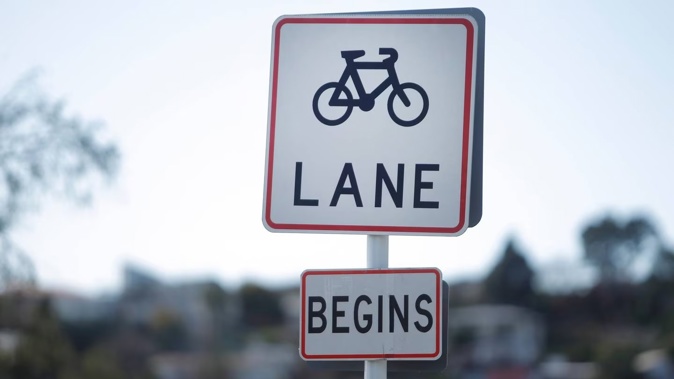
Officials warned against ministers extending fuel tax and road user charge subsidies, saying it was costly and not targeted.
Instead, they suggested the Government help struggling households by firing up the social welfare system to create an expanded Winter Energy Payment (WEP) that could be paid out in the summer.
The advice came in a post-implementation regulatory assessment of the extension to transport subsidies announced last week. The subsidies cut fuel tax by 25 cents a litre and road user charges by an equivalent amount. They also halved public transport fares.
The assessment noted the Government extending the subsidies because they could be “implemented relatively rapidly”.
Among options considered by officials was canning the payment entirely and encouraging people to save money by walking and cycling more and giving out vouchers for fuel.
It laid bare the massive savings that accrue to households from the subsidies. The poorest fifth of households spend about $800 to $1800 a year on fuel, whilst the wealthiest fifth spend around $4100 to $4900 a year on fuel.
The subsidies save a greater portion of low income households’ budgets, because those households have less income overall. However, in dollar terms, high income households consume far more fuel than low-income households and therefore benefit more from the subsidy.
Officials considered canning the cuts and “encouraging active transport” like walking and cycling instead. This was thrown out because “many low-income households cannot reach jobs readily without a vehicle”.
“Recent research focused on Auckland has found that key worker households, particularly those constrained by budget, had the longest commutes, and long commutes may not be readily substituted by walking or cycling”.
Keeping half price public transport but junking the rest of the subsidies was considered but also thrown out because not everyone has access to public transport.
Options like increasing fuel supply was “dismissed very early” as not viable. Putting price controls on fuel was not considered as it “could diminish the incentive of companies to supply fuel to New Zealand”.
Officials “briefly” considered a voucher system, but it was thrown out as “not viable” and “overly complex”.
The officials’ preferred option was to use a “temporary periodic payment through the welfare or transfer system”.
“Providing increased support via a temporary periodic payment through the welfare or transfer system was considered,” officials wrote.
The main option considered was “turning the Winter Energy Grant into an Energy Grant”, but paying this during the summer months and at an increased rate than currently.
Currently the payment goes to superannuitants and households receiving other income support and is paid at a rate of $20.45 a week for single people or $31.82 for couples and people with dependent children.
Other options also considered were “a combination of temporary extensions to working for families, an increase to the minimum wage and other targeted welfare benefits”.
Officials think this may have cost less than the subsidy extension, which is budgeted at $718 million - the winter payment costs around $500m annually.
The advice said low-income households “tend to have less discretionary income, and a higher proportion of their income is spent on transport compared to middle or higher-income households”.
They said a benefit change had “the potential to target support to those encountering financial stress or hardship associated with high fuel prices”.
However, one factor counting against using the benefit system is that it would take time to implement, during which households would be hit with higher fuel bills.
Officials believed the cuts would increase driving (measured by vehicle kilometres travelled) by 1 per cent for light vehicles and 2 per cent for heavy vehicles.
They warned that the policy would increase greenhouse gas emissions by “about 3500 tonnes of CO2e per month”, a cost of $283,500 a month.
They also said it would increase harmful air pollution causing “adverse impacts on human health, including reduced life and life quality, illnesses, hospitalisations and restricted activities”. The cost of this is about $8 million a month.
Take your Radio, Podcasts and Music with you









